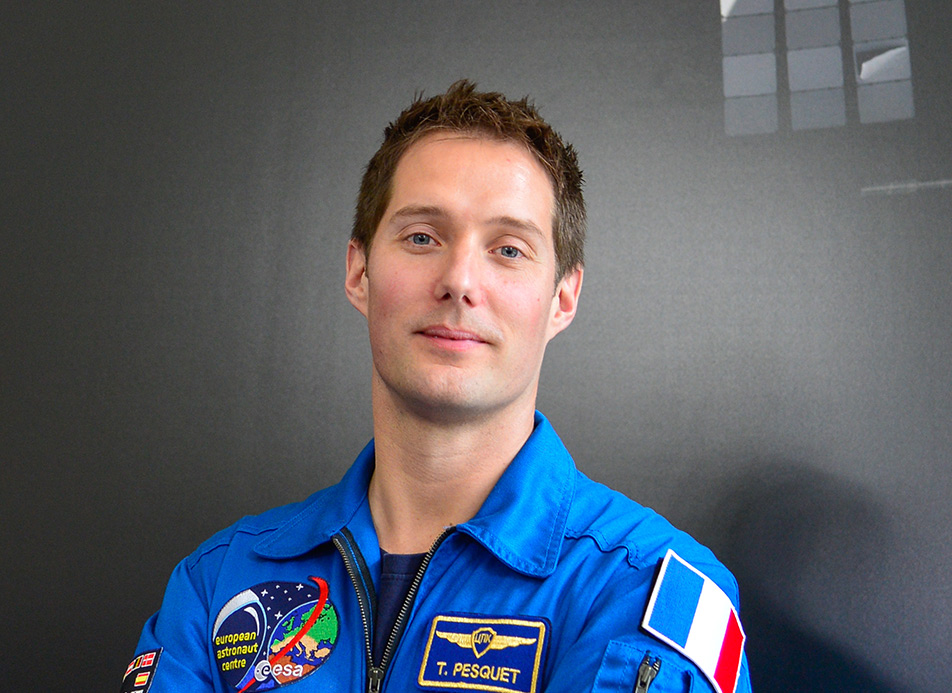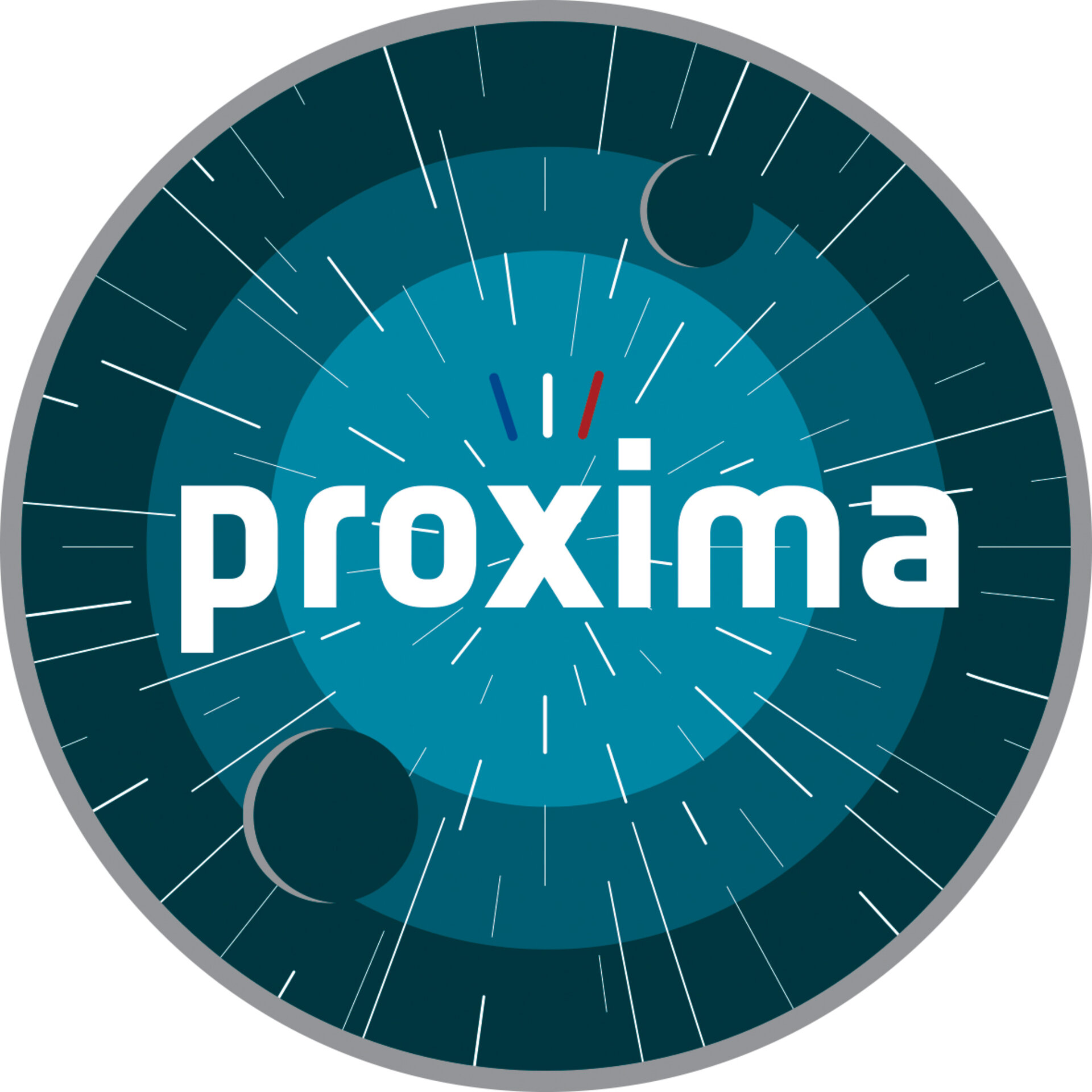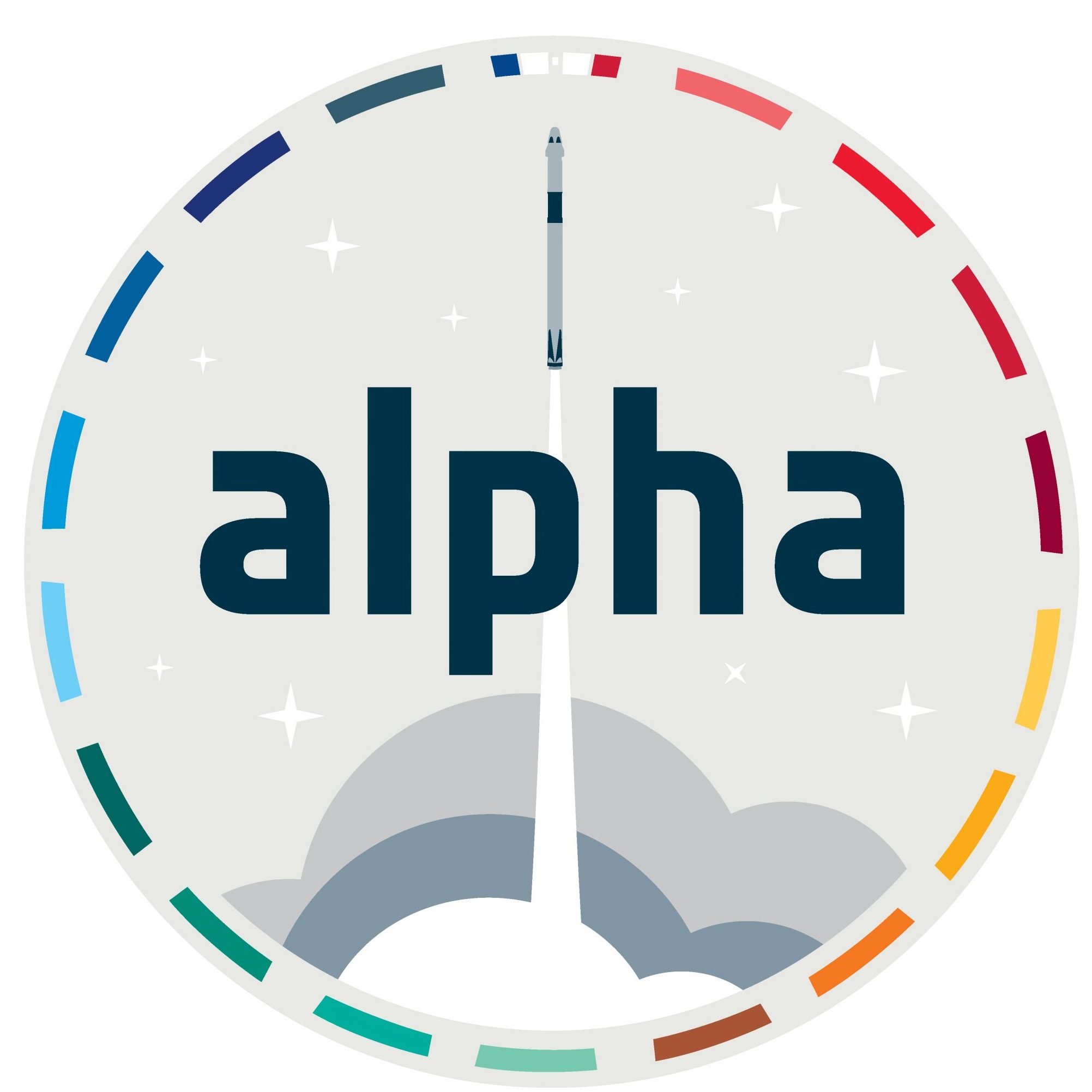From April to September 2001, Thomas was a trainee engineer with Thales Alenia Space in Cannes, France, where he developed a satellite system design tool using concurrent engineering techniques.
From October 2001, he worked as a spacecraft dynamics engineer on remote sensing missions for GMV S.A. in Madrid, Spain.
Between 2002 and 2004, Thomas worked at the French space agency, CNES, as a research engineer on space mission autonomy. He also carried out studies on future European ground segment design and European space technology harmonisation. From late 2002, he was a CNES representative at the Consultative Committee for Space Data Systems, working on cross-support between international space agencies.
An avid private pilot in his spare time, Thomas was selected in 2004 for Air France’s flight training programme. He went on to become a commercial pilot for the airline, where he started flying the Airbus A320 in 2006. Having logged more than 2300 flight hours on commercial airliners, he became a type rating instructor on the A320 and a Crew Resource Management instructor.
Thomas was selected as an ESA astronaut in May 2009. He joined ESA in September 2009 and completed basic training in November 2010. After graduation, he worked as a Eurocom, communicating with astronauts during spaceflights from the mission control centre. He was also in charge of future projects at the European Astronaut Centre, including initiating cooperation with new partners such as China.
To be ready for a space mission, he received further technical and operational training in Europe, Russia and the USA: on the Russian Soyuz spacecraft, on the US and Russian spacesuits, and on Space Station systems. He took part in exploration training courses: living and working underground on ESA’s CAVES training course in 2011, and underwater on NASA’s Seatest-2 mission.
On 17 March 2014, Thomas was assigned to his first long-duration mission on the International Space Station. He was launched to the International Space Station for this six-month Proxima mission, as a flight engineer for Expeditions 50 and 51, on 17 November 2016.
Thomas' second spaceflight was announced on 28 July 2020. He traveled to the International Space Station on the second SpaceX Crew Dragon mission together with JAXA astronaut Akihiko Hoshide and NASA astronauts Shane Kimbrough and pilot Megan McArthur. The mission is called Alpha, after Alpha Centauri, the closest stellar system to Earth, following the French tradition to name space missions after stars or constellations. The mission assignment was the first time a European flew to the Space Station in the Crew Dragon, and the first time from USA in over a decade.
When Thomas is not in space or training for his next mission, he enjoys basketball, jogging, swimming, squash and outdoor sports such as mountain biking, kite surfing, sailing, skiing and mountaineering. He also has extensive experience in scuba diving and skydiving and is a black belt in judo. Thomas' other interests include travelling, playing the saxophone and reading.












